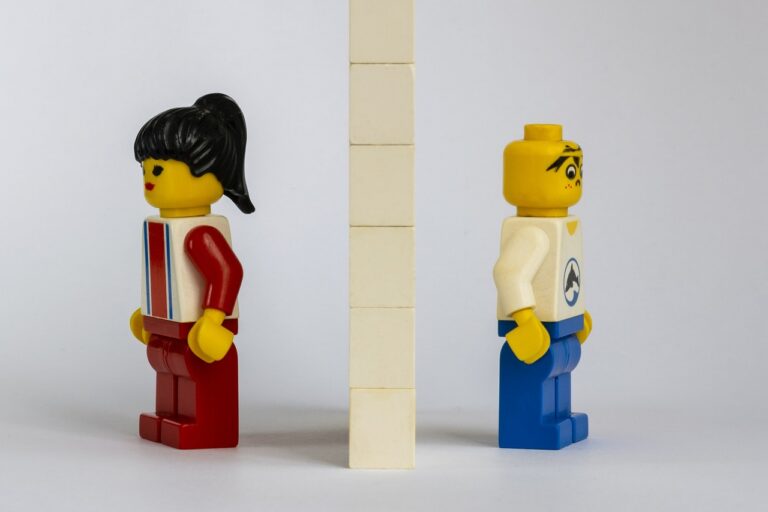Diabetes and Foot Care: Importance of Regular Checks: All panel login, Mahadev book online, Get cricket id
all panel login, mahadev book online, get cricket id: Living with diabetes can be challenging, but it’s essential to take care of all aspects of your health, including your feet. Diabetes can have a significant impact on your feet, which is why regular foot checks are crucial for managing this condition effectively.
Why is foot care important for people with diabetes?
Individuals with diabetes are at a higher risk of developing foot problems due to nerve damage and poor circulation. This combination can lead to serious complications, such as foot ulcers, infections, and even amputations if not properly managed. Regular foot checks can help detect any issues early on, allowing for prompt treatment and prevention of more severe problems.
The importance of regular foot checks
1. Preventing complications: Regular foot checks can help catch any potential issues before they escalate. By examining your feet daily, you can identify any redness, cuts, or sores that could lead to infections.
2. Monitoring circulation: Diabetes can affect blood flow to the extremities, leading to poor circulation in the feet. Regular foot checks can help you monitor any changes in temperature or color, indicating possible circulation problems.
3. Managing nerve damage: Diabetes can cause nerve damage, known as neuropathy, which can result in loss of sensation in the feet. Regular foot checks can help you detect any injuries or sores that you may not feel due to neuropathy.
4. Maintaining healthy skin: Individuals with diabetes are more prone to dry skin, which can lead to cracking and peeling. Regular foot checks can help you identify any skin issues early on and take steps to keep your feet moisturized and healthy.
5. Choosing proper footwear: Proper footwear is essential for individuals with diabetes to prevent injuries and promote foot health. Regular foot checks can help you assess if your shoes fit correctly and are not causing any pressure points that could lead to sores.
6. Improving overall quality of life: By incorporating regular foot checks into your diabetes management routine, you can proactively address any foot issues and prevent serious complications. This can help improve your quality of life and keep you active and mobile.
How to perform a foot check
Performing a foot check is a simple process that can be done daily in the comfort of your own home. Here are some steps to follow:
1. Wash and dry your feet thoroughly, paying attention to the spaces between your toes.
2. Inspect your feet for any cuts, sores, blisters, or redness.
3. Check for any changes in temperature or color in your feet.
4. Examine your toenails for ingrown nails or infections.
5. Apply a moisturizer to keep your skin hydrated and prevent dryness.
If you notice any issues during your foot check, it’s essential to contact your healthcare provider for further evaluation and treatment.
FAQs:
Q: How often should I perform a foot check?
A: It is recommended to perform a foot check every day, ideally before going to bed. This can help you catch any issues early on and take appropriate action.
Q: What should I do if I notice a sore or cut on my foot?
A: If you notice any sores or cuts on your feet, it’s crucial to clean the area with mild soap and water and apply an antiseptic ointment. Cover the wound with a clean bandage and contact your healthcare provider for further instructions.
Q: Can diabetes affect toenail health?
A: Yes, diabetes can impact toenail health, leading to issues such as ingrown nails or fungal infections. It’s essential to keep your toenails trimmed properly and to seek treatment for any nail problems.
By incorporating regular foot checks into your diabetes management routine, you can take proactive steps to prevent complications and maintain good foot health. Remember, your feet are the foundation of your mobility, so take care of them to stay active and healthy.







